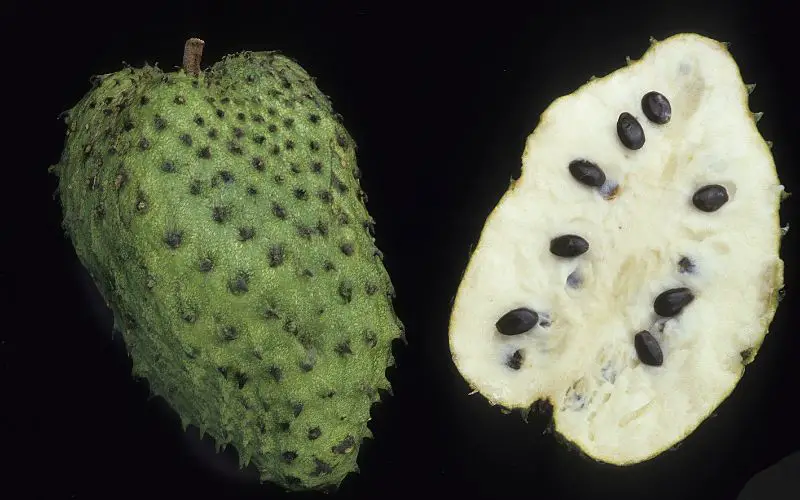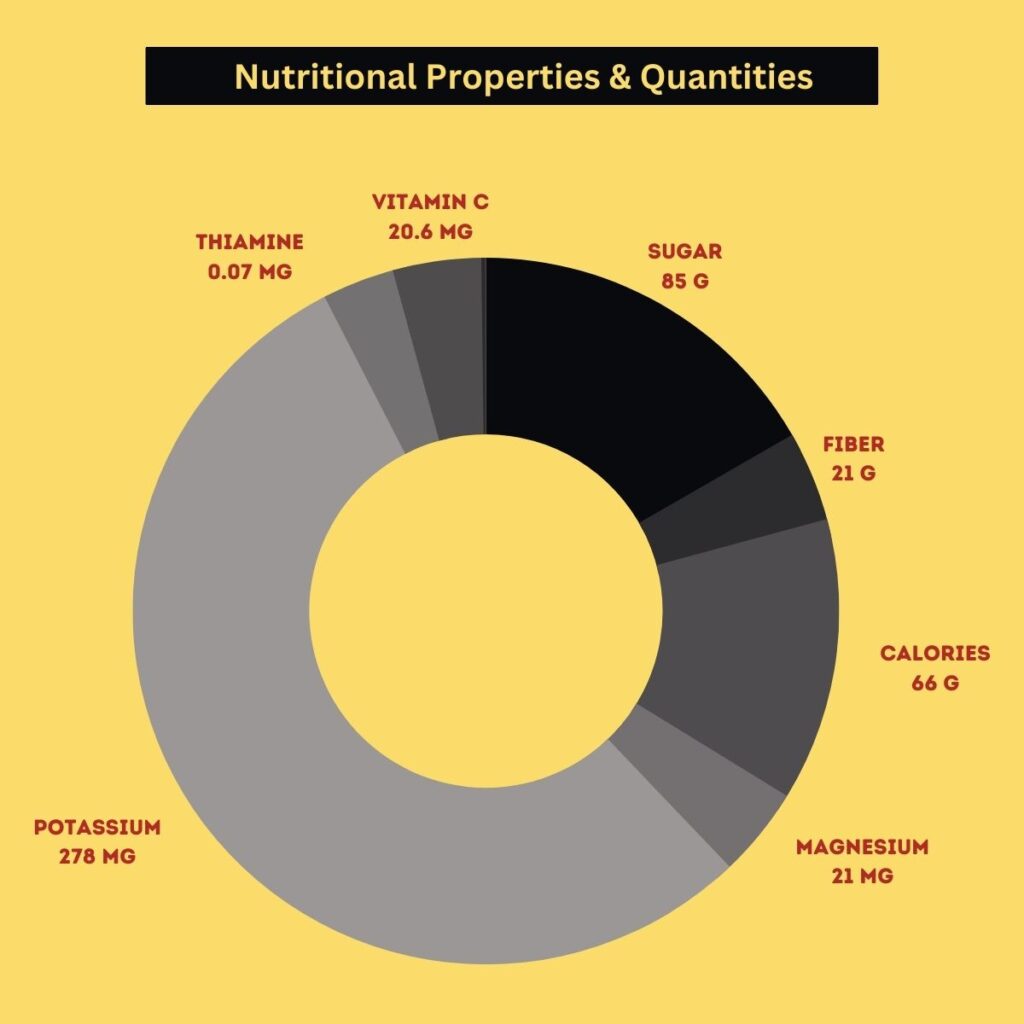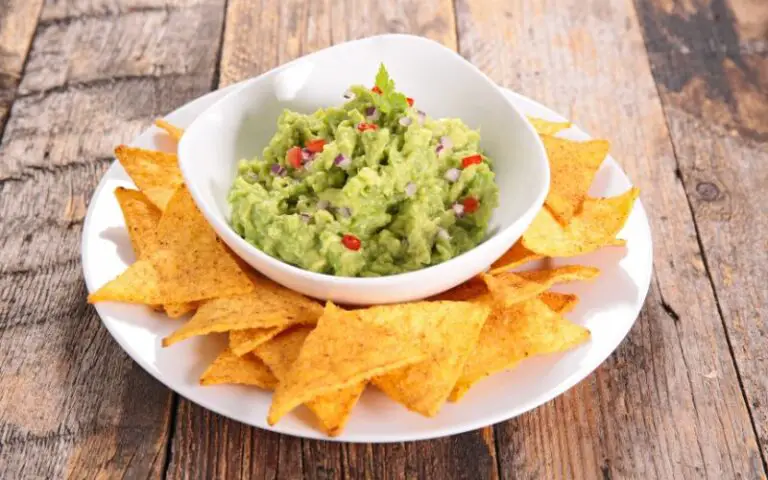This is Why A Soursop is Illegal!
Last updated on October 26th, 2022 at 05:19 pm
Soursop is one fruit with myriad health benefits that improve the physiological condition of the body system.
Despite this fact, this fruit harbors some drawbacks that make it unfit for planting and consumption.
Now, what could be the reason responsible for the illegality of the soursop? This article will provide important information that will satisfy your curiosity and more.
Soursop is illegal due to its high toxicity, adversely affecting the human body. The tree of the soursop is invasive and spreads its roots. Thereby affecting native plants and animals in that specific area. Furthermore, soursop negatively influences the condition of patients who have diabetes and Parkinson’s disease.
Why Is Soursop Illegal In the US?

Soursop, also known as Guanabana, is illegal in the US due to its toxins that adversely affect the body system.
When a tropical fruit such as soursop contains many health benefits, it becomes difficult to accept its side effects.
Unlike other tropical fruits, soursop is not popular, and it’s unavailable in the United States.
Some properties of the fruit disqualify its importation from other countries to the United States.
Many residents of the United States don’t fancy soursop due to its rough and unappealing appearance.
Notwithstanding, I’ll highlight some properties that make soursop illegal in the US.
#1. Invasiveness
Soursop is widely known as an invasive species that spreads and affects the growth and development of native plants.
It also affects the living conditions of the animals in that particular area.
Unfortunately, this outcome is bad news for any agriculturalist that wants to practice mixed farming.
Imagine planting soursop, herbal plants and rearing livestock on the same land for some time.
You decide to check on the land only to discover the severe damage to the plants due to soursop’s invasiveness.
Plus, the livestock search for food elsewhere due to the discomfort and unavailability of food.
Devastating, right? This fact is one of the major reasons for the illegality of soursop in the US.
#2. Toxins
Health is an invaluable asset that many US residents hold dear. Thus, the toxins in the soursop threaten the significance of this concept.
This harmful chemical in soursop comes in a low amount when it’s ripe. On the other hand, it contains a high amount of toxins when it’s unripe.
When you consume unripe soursop, it decreases your blood pressure. If this continues, it could be fatal and lead to death.
Hence, you must avoid consuming unripe soursop fruit. This also contributes to its illegality in the United States.
Does Soursop Grow In the US?
Soursop grows in the US and takes approximately six years to mature. Furthermore, it bears fruits after three to five years.
However, soursop is not native to the US. Hence, it’s difficult to find fruit in supermarkets or superstores in the US.
Nonetheless, soursop is native to some South American countries such as Mexico, Brazil, Cuba, Peru, and Venezuela.
Furthermore, many people in South East Asia, Pacific regions, and North Africa cultivate soursop in high amounts.
Despite this, you can grow soursop in your locality with the right conditions. Soursop is quite difficult to grow due to its invasiveness.
Hence, you must put in a lot of effort to grow the plant successfully. Soursop is one plant that can grow up to 15-20 feet bearing ripe fruits with adequate care.
You must consider certain factors when planting soursop in your locality. Below are some of them.
#1. Land For Planting
This factor is crucial, and you must always consider the size of the land you want to plant your soursop.
Since soursop is highly invasive, choose land that gives a space of 12 square feet.
This space provides more breathability and prevents overcrowding from allowing the growth of other plants.
Furthermore, the soil must be well drained and organically rich containing mild acidity.
This provides more nutrients for the soursop tree and boosts its growth and development. You can also add fertilizer in low amounts to boost fruit production.
#2. Temperature Conditions
Soursop thrives in a sunny environment with mild shade. It grows best at a temperature of 30°F and poorly at a temperature above 40°F.
A little exposure to cold temperatures can decrease the lifespan of the soursop. Hence, you must exercise caution when growing your soursop.
#3. Care and Maintenance
Soursop requires low care and maintenance, especially if it grows in a native area. You must irrigate it regularly if it’s not growing in a native area.
This increases the soursop’s ability to withstand drought and other harsh conditions. It also promotes the development of soursop’s deep roots.
Is Soursop Safe To Eat?
Soursop is safe to eat, and it tastes like a combination of pineapple and strawberry with a little bit of citrus.
Regardless of this fact, many people harbor some misconceptions about soursop.
They often think that soursop is not beneficial and only causes harm.
However, that’s not 100% accurate! Soursop fruit is edible and contains a lot of nutritional benefits.
You must peel off the rough skin of the fruit and remove the seeds before consumption. Now, soursop seeds are harmful and can destroy the human body.
The seeds of soursop contain harmful toxins that cause devastating effects. In addition, the leaves of the soursop are not edible.
That said, avoiding capsules, tea, and creams manufactured from soursop seeds and leaves is advisable.
However, you use soursop to make smoothies, ice cream, and popsicles.
In addition, soursop is highly rich in vitamin C, an antioxidant that improves the immune system.
When vitamin C improves your immune system, it actively wards off pathogens.
Furthermore, it destroys free radicals, protecting your skin and cells from damage.
Whole soursop fruit has 215% of vitamin C, which is best for daily consumption. It contains other antioxidants such as phytosterols, flavonoids, and tannins.
Furthermore, it has vitamins B1, B2, and B3. Notwithstanding, soursop contains other nutritional properties that nourish the body.
The table below summarizes the nutritional properties and their quantities.
| Nutritional Properties | Quantities |
|---|---|
| Sugar | 85 g |
| Fiber | 21 g |
| Calories | 66 g |
| Magnesium | 21 mg |
| Potassium | 278 mg |
| Thiamine | 0.07 mg |
| Carbs | 16.8 g |
| Vitamin C | 20.6 mg |
| Protein | 1 g |

What Are the Health Benefits of Soursop?
Soursop has many health benefits that boost the circulatory, digestive and immune systems. Without further ado, I’ll outline some health benefits of soursop.
#1. Increases Digestion
Soursop boosts the breakdown digestion of food substances due to its high amount of fiber.
Regular consumption of soursop juice cleans the gastrointestinal tract. Thereby eliminating excess sodium from your body system.
#2. Defends the Body Against Inflammation
Soursop harbors antioxidants that fight against inflammation. Plus, the antioxidants also repair the cells that undergo severe damage.
#3. Fights Against Bacteria
Soursop contains some antibacterial properties that help combat bacteria such as staphylococcus.
It also fights against cholera and bacteria that cause cavities and gum disease.
#4. Lowers Blood Pressure
Soursop fruit benefits individuals suffering from increasingly high blood pressure.
The reason is that soursop contains potassium which helps to stabilize and lower blood pressure.
#5. Boost the Immune System
Consuming soursop fruit regularly boosts the immune system and fights off any disease.
You can be 100% sure of a long lifespan with a robust and healthy immune system.
Final Words
Due to some drawbacks, soursop is illegal in the US and other countries. Although soursop seeds and leaves aren’t edible, the fruit is 100% safe to eat.
Furthermore, it has many benefits that increase good health and nourish the body.
So don’t hesitate to purchase soursop if you spot the fruit at Walmart or Amazon.






